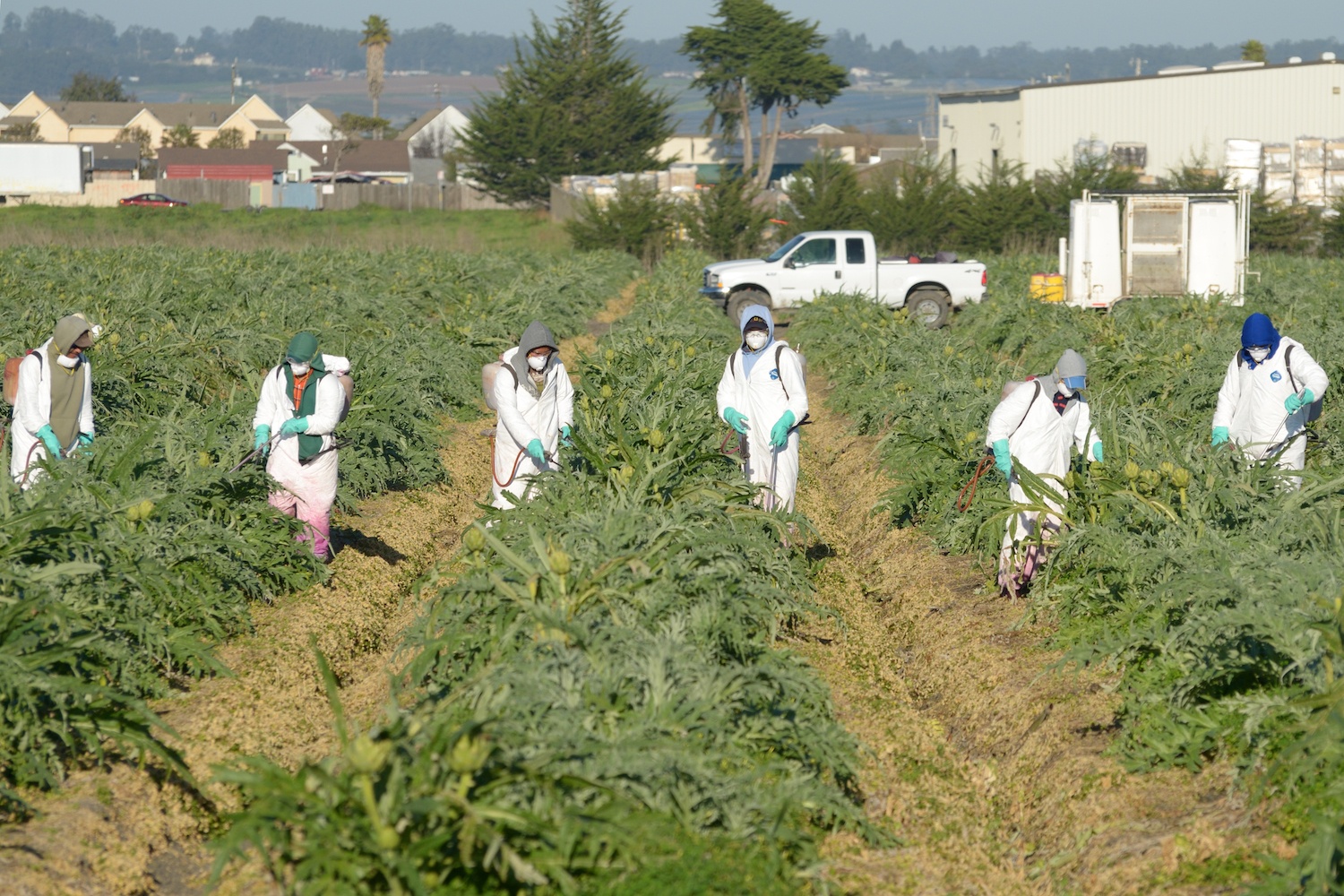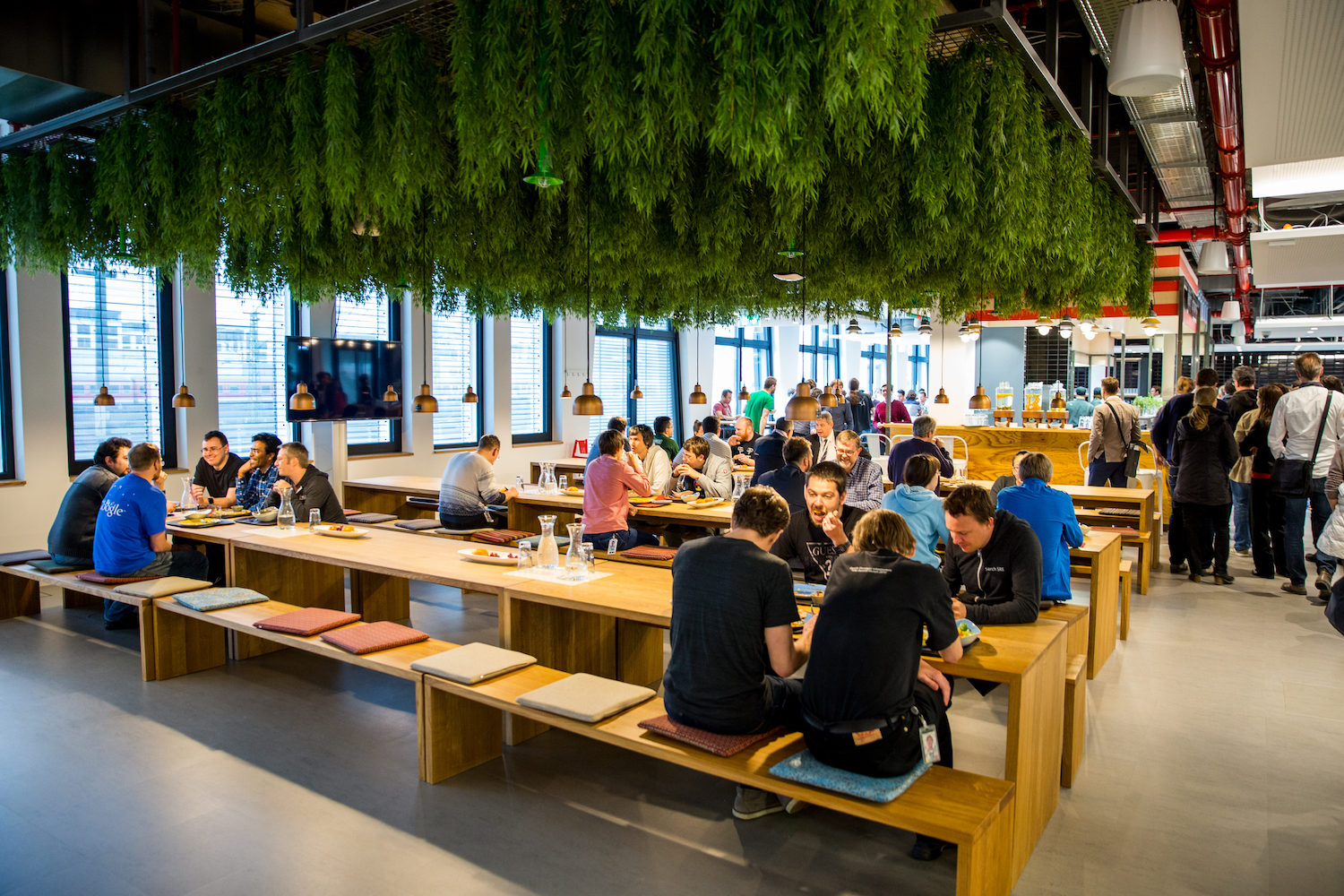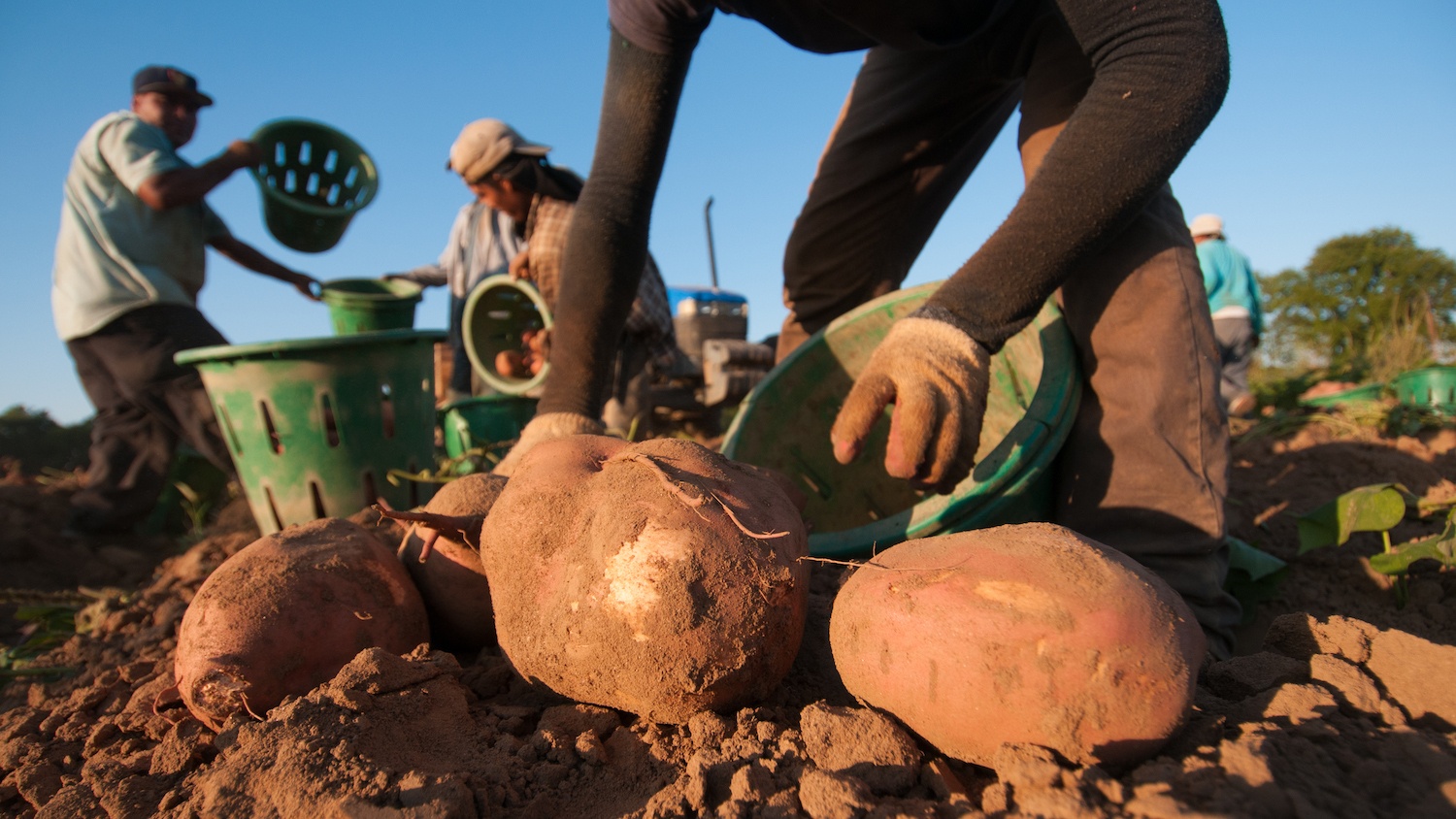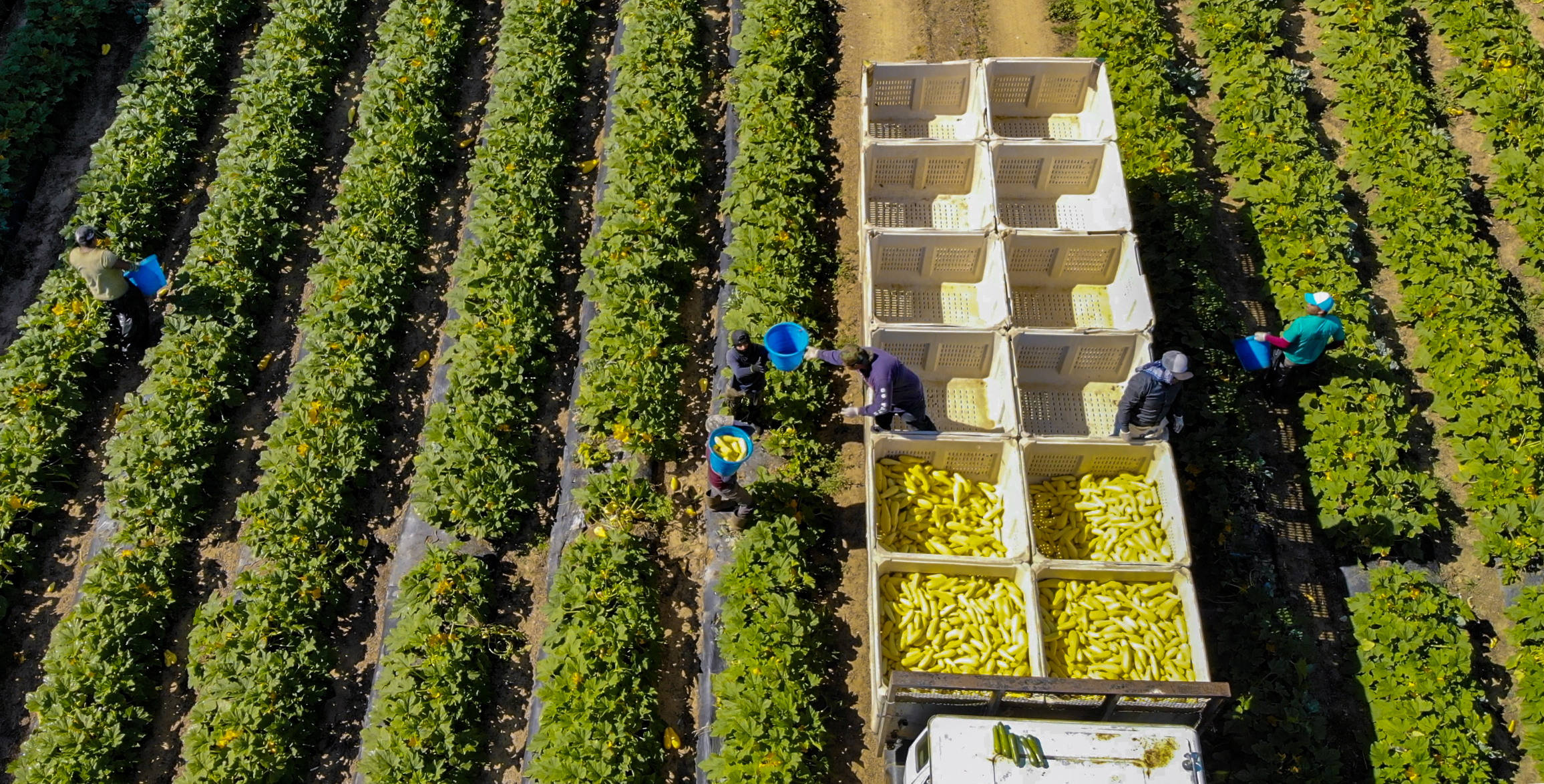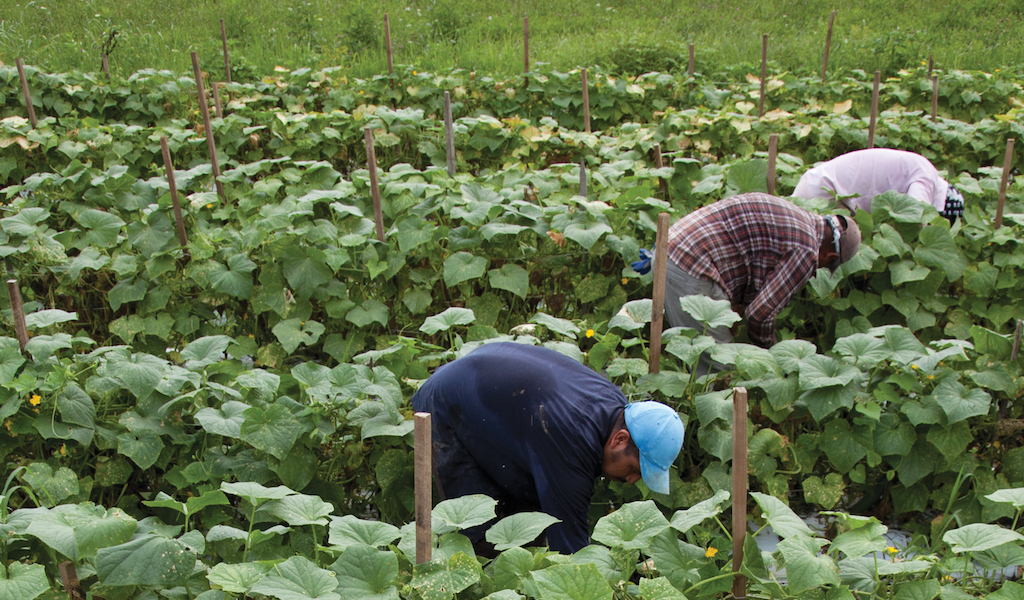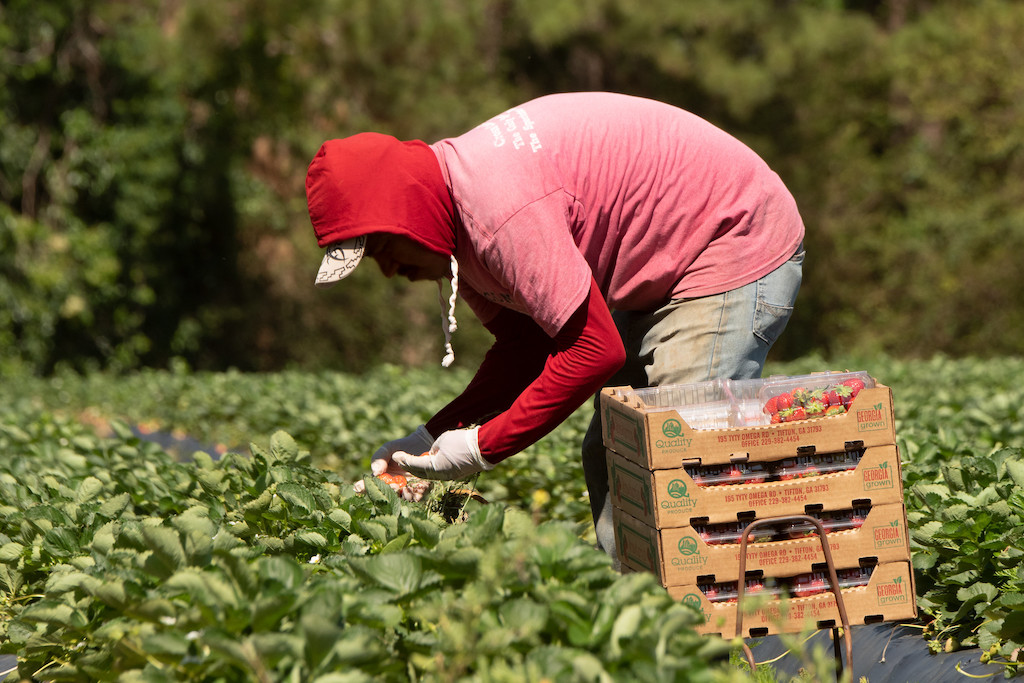As states expand rights for farm workers, the Supreme Court rules against farmworkers union
The U.S. Supreme Court ruled this week that union organizers can no longer enter farms to speak to workers during non-working hours for a set number of days each year, upending a nearly 50-year-old California law championed by famed labor organizer César Chávez. By a 6-3 vote, the court ruled that the law “unconstitutionally appropriates private land by allowing organizers to go on farm property to drum up union support,” NPR reports. The court’s decision comes at an interesting time, as states nationwide push for farm worker protections—including bills in California and Washington state that granted overtime pay. On Friday, Colorado Gov. Jared Polis (D) is expected to sign a piece of legislation that will grant extensive protections to farm workers. As The Counter reported earlier this month, the bill will allow workers to organize and join unions, engage in collective bargaining, and hold strikes, among other protections. In the 1930s, federal protections were enacted to provide union organizers access to worksites, but—was often the case—farm workers were excluded from the law. Mario Martinez, general counsel for the United Farmworkers Union, told NPR that, in the 1930s, race was the motivating factor in excluding farm workers from the original federal law protecting union access to the workplace. And now migrant workers are being left out.
